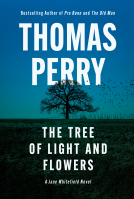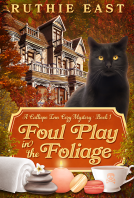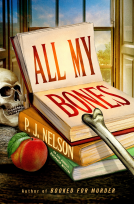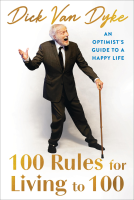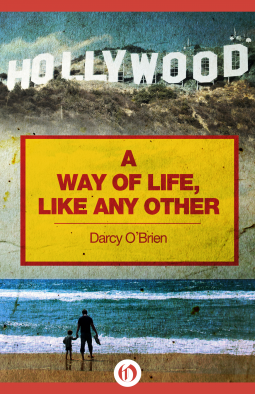
A Way of Life, Like Any Other
by Darcy O'Brien
This title was previously available on NetGalley and is now archived.
Buy on BN.com
Buy on Bookshop.org
*This page contains affiliate links, so we may earn a small commission when you make a purchase through links on our site at no additional cost to you.
Send NetGalley books directly to your Kindle or Kindle app
1
To read on a Kindle or Kindle app, please add kindle@netgalley.com as an approved email address to receive files in your Amazon account. Click here for step-by-step instructions.
2
Also find your Kindle email address within your Amazon account, and enter it here.
Pub Date Jul 01 2014 | Archive Date Oct 01 2014
Open Road Integrated Media | Open Road Media
Description
Winner of the Ernest Hemingway Award for Best First Novel in 1978
The hero of Darcy O’Brien’s A Way of Life, Like Any Other is a child of Hollywood, and once his life was a glittery dream. His father starred in Westerns. His mother was a goddess of the silver screen. The family enjoyed the high life on their estate, Casa Fiesta. But his parents’ careers have crashed since then, and their marriage has broken up too.
Lovesick and sex-crazed, the mother sets out on an intercontinental quest for the right—or wrong—man, while her mild-mannered but manipulative former husband clings to his memories in California. And their teenage son? How he struggles both to keep faith with his family and to get by himself, and what in the end he must do to break free, makes for a classic coming-of-age story—a novel that combines keen insight and devastating wit to hilarious and heartbreaking effect.
The hero of Darcy O’Brien’s A Way of Life, Like Any Other is a child of Hollywood, and once his life was a glittery dream. His father starred in Westerns. His mother was a goddess of the silver screen. The family enjoyed the high life on their estate, Casa Fiesta. But his parents’ careers have crashed since then, and their marriage has broken up too.
Lovesick and sex-crazed, the mother sets out on an intercontinental quest for the right—or wrong—man, while her mild-mannered but manipulative former husband clings to his memories in California. And their teenage son? How he struggles both to keep faith with his family and to get by himself, and what in the end he must do to break free, makes for a classic coming-of-age story—a novel that combines keen insight and devastating wit to hilarious and heartbreaking effect.
Available Editions
| EDITION | Ebook |
| ISBN | 9781497658714 |
| PRICE | $4.99 (USD) |
Average rating from 5 members
Readers who liked this book also liked:
The Book Club for Troublesome Women
Marie Bostwick
Historical Fiction, Literary Fiction, Women's Fiction
Marie Bostwick
Historical Fiction, Literary Fiction, Women's Fiction
The Bookstore Diaries (Deluxe Limited Edition)
Susan Mallery
General Fiction (Adult), Romance, Women's Fiction
Susan Mallery
General Fiction (Adult), Romance, Women's Fiction
Where the Wildflowers Grow
Terah Shelton Harris
General Fiction (Adult), Multicultural Interest, Women's Fiction
Terah Shelton Harris
General Fiction (Adult), Multicultural Interest, Women's Fiction




